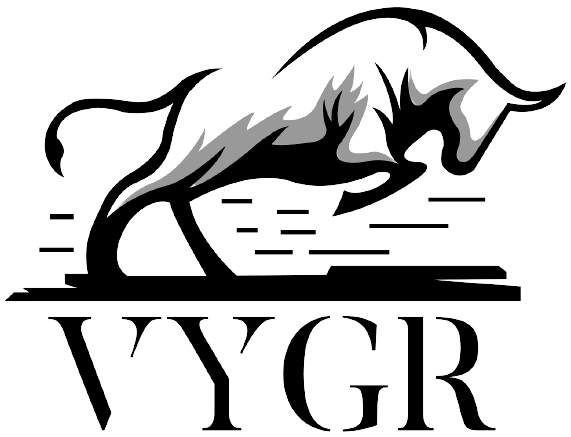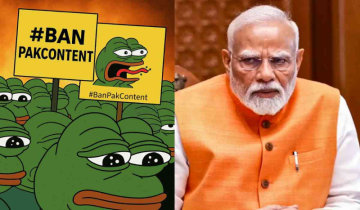The United Auto Workers (UAW) announced plans to resume negotiations on Saturday after launching simultaneous strikes at General Motors, Ford Motor and Stellantis, the parent company of Chrysler. This major labour action in the United States has affected production at three plants responsible for making the Ford Bronco, Jeep Wrangler, Chevrolet Colorado and other popular models. The effects of this limited closure are already starting to spread.
The interconnected nature of the manufacturing system means that the UAW's targeted strike approach is causing disruption beyond the factories directly affected by the shutdown. Ford asked 600 non-striking workers not to come to work on Friday, while GM told about 2,000 workers at an auto plant in Kansas that their plant may have to close next week due to a Parts shortage due to a strike at a neighbouring factory.
At Friday's protests and demonstrations, union members expressed concerns, including about a two-tiered salary system that puts new hires at a disadvantage in terms of pay and benefits compared to other experienced workers. This difference is considered unfair and biased in favour of investors over employees.
UAW President Shawn Fain emphasized that the goal is not to harm the economy but to address income inequality, saying: “We are not going to destroy the economy. The truth is we are about to destroy the billionaire economy.'' Union demands include greater profit sharing, shorter workweeks, the restoration of defined benefit pensions and better job security, especially as automakers move to use electric vehicles.
Chuck Browning, the UAW vice president who is leading the negotiations with Ford, acknowledged the progress made in recent talks but noted that there is still more work to be done. US President Joe Biden has called on automakers to reward workers as executive pay rises, stressing the need for fair contracts amid record corporate profits.
One of the main points of contention is the "second-tier" salary system, in which new hires receive significantly lower hourly wages and fewer benefits than senior UAW workers. Some of these two-tier systems were put in place during the bankruptcy more than a decade ago, and starting wages for second-tier workers have remained stagnant for 14 years.
Although the three Detroit automakers have not made any proposals to eliminate these tiered pay systems, they have proposed reducing the time to reach top pay from 8 years down to 4 years.
Executives say union requirements could hurt their ability to compete against non-union rivals. Ford CEO Jim Farley expressed concern that the UAW's demand for a 40% wage increase would jeopardize its business, and GM CEO Mary Barra pointed out that there is still progress to be made in negotiations.
Senator Bernie Sanders expressed support for workers and emphasized the challenges of surviving on lower wages. Despite the smaller-than-expected turnout, the UAW still has a significant strike fund, while automakers have built up significant reserves thanks to high profits from trucks and SUVs.
President Biden offered to support the negotiations but said his administration would not mediate. Automakers have proposed wage increases of up to 20%, but these do not come close to all the benefits the union is seeking. Ford argues that the UAW's latest proposals would double its labour costs in the United States, making it less competitive with non-union rivals like Tesla. Stellantis went into emergency mode to protect its North American operations, but no specific actions were disclosed. Almost half of the strikers are at the Stellantis plant and preparations have been made to deal with possible disruptions.
GM estimates that the UAW's wage and benefit proposals would cost the company $100 billion, a claim disputed by UAW President Shawn Fain, who pointed out that automakers are spending money to buy cars to buy back shares and pay executive salaries.
The transition to electric vehicles, supported by federal subsidies under the Biden administration, could affect traditional jobs in the internal combustion engine sector, although the UAW has not officially endorsed Biden's re-election. Former President Donald Trump criticized the switch to electric vehicles, seeing it as detrimental to the UAW's work.
© Copyright 2023. All Rights Reserved Powered by Vygr Media.







